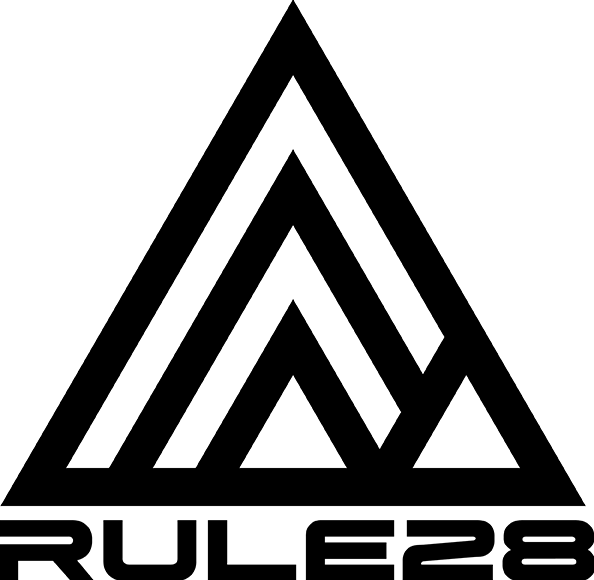Nutrition Planning Calculator
Optimise your hydration and carbs for peak performance
Pre-Event Nutrition
Fueling Timeline
Practical Fueling Suggestions
References
This calculator is informed by the following scientific sources:
- American College of Sports Medicine (2021). ACSM’s guidelines for exercise testing and prescription, 11th ed. Philadelphia, PA: Wolters Kluwer.
- INSCYD (2022). Muscle glycogen and performance: the science behind fueling.
- International Society of Sports Nutrition (ISSN) (2023). ‘Nutrition for endurance athletes’, Journal of the International Society of Sports Nutrition, 20(1), pp.1-26.
- Jeukendrup, A. E. (2011). ‘Nutrition for endurance sports: marathon, triathlon, and road cycling’, Journal of Sports Sciences, 29(sup1), pp.S91-S99.
- McCubbin, A. J. (2022). ‘Modelling sodium requirements of athletes across a variety of exercise scenarios’, European Journal of Sport Science, 23(6), pp.814-826.
- Podlogar, T., and Wallis, G. A. (2022). ‘New horizons in carbohydrate research and application for endurance athletes’, Sports Medicine, 52(S1), pp.5-23.
Disclaimer
The results provided by this calculator are estimates based on scientific guidelines and average physiological responses. Individual tolerances to carbohydrate intake, hydration needs, and sodium requirements vary due to genetics, training status, and environmental conditions. For instance, some may experience GI distress at higher carb or sodium intakes, while others need more fluids in extreme heat. For events longer than 2 hours or in hot/high-altitude conditions, consider sweat sodium testing (range: 230–1610 mg/L). Always test your fueling strategy in training and consult a sports nutritionist or healthcare professional for critical events.

